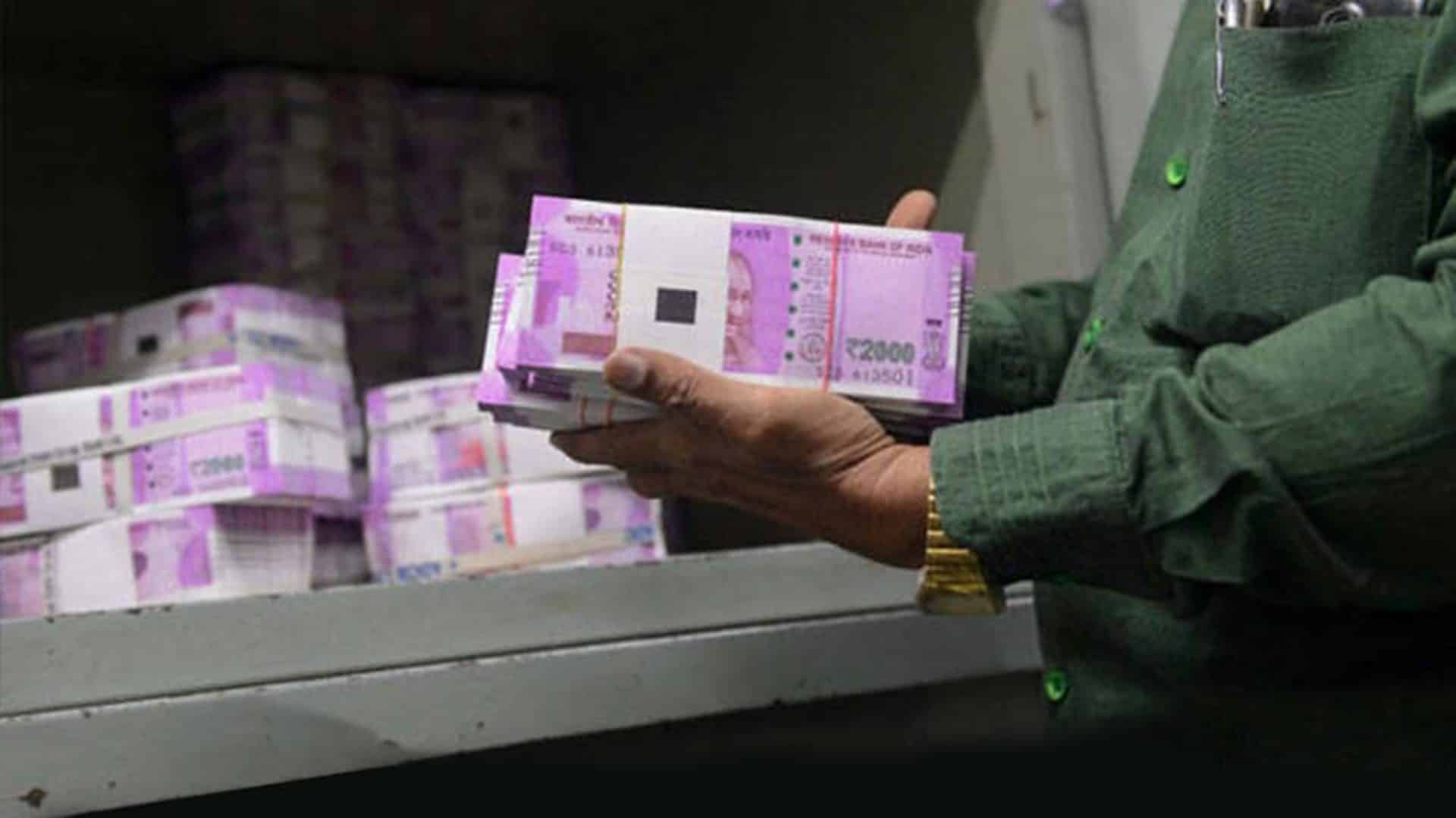Business
CII pitches for Rs 3 lakh cr fiscal stimulus to push economic growth
The Indian economy requires a Rs 3 lakh crore fiscal stimulus, including cash transfer to households through Jan Dhan accounts to spur economic growth amid the pandemic, industry chamber CII said on Thursday and pitched for appointment of a ‘Vaccine Czar’ for speedy vaccination coverage.
CII President T V Narendran also said the chamber expects GDP to grow at 9.5 per cent in 2021-22 as the strong growth in the second half of the fiscal year will be supported by robust external demand and large-scale coverage of vaccination, allowing resumption of economic activity.
He also advocated for appointment of a “Vaccine Czar” for speedy vaccination coverage.
The new president said suitable fiscal measures to alleviate the stress of people impacted by the second wave of COVID-19 are the need of the hour.
The Indian economy is a consumption-led economy and the pandemic has impacted the consumer demand and due to this, the chamber has called for measures such as cash transfer as a number of actions are needed to deal with this demand shock, he told reporters.
“Fiscal stimulus of Rs 3 lakh crore is required…There is room for administering additional fiscal stimulus of up to Rs 3 lakh crore,” he said adding the RBI should expand its balance sheet in order to accommodate the increased stimulus so that lending costs remain contained.
Measures suggested by it include enhanced MNREGA allocations from the budgeted amount; short-term and focused GST cuts to boost demand; time bound tax relief/interest subvention/stamp duty concession for home buyers; LTC cash voucher scheme like last year; and extension of the Aatmanirbhar Bharat Rozgar Yojana till March 31, 2022.
Also Read: Amazon to hold Prime Day sale in select countries on June 21-22
Narendran also asked for ensuring timely payment to companies including MSMEs; accelerating public works programmes to ensure implementation of NIP; hiking ECLGS (Emergency Credit Line Guarantee Scheme) amount to Rs 5 lakh crore, reduction in excise duty on fuel and inclusion of ATF (aviation turbine fuel) and other fuel products in GST (Goods and Services Tax).
On vaccination, he said there should be minimum 71.2 lakh average daily vaccination doses from now till December 2021 to cover the entire adult population.
“The Vaccine Czar (or minister) should be empowered to undertake actions like in the UK on a daily campaign to track domestic vaccine production and import supplies; equitable distribution of vaccines among states; track progress on vaccine deployment and administration; and using a dashboard approach and share progress reports daily,” he said.
He said vaccination is a complex process as it needs coordination among different agencies, states, Centre, private and public sectors.
“Lot of players are involved in the process…So for all that a single person contact is required with whom everyone can deal with,” the CII president, who is also CEO and Managing Director of Tata Steel, said.
To combat vaccine paranoia, Narendran suggested engaging film and sports personalities for awareness. He also called for incentivising people to get vaccinated – at the bottom of the pyramid, there should be cash/food/insurance incentive for those taking two doses and for the relatively better off, the government could offer rebate on air/train travel within the country.
He also suggested a multi-pronged National Oxygen Development Plan to create a robust oxygen ecosystem.
Further, he said the cumulative impact of the two waves of the pandemic on incomes and consumer sentiment, coupled with the increase in household medical expenses in the second wave, is likely to affect consumer demand for some time.
“As the economy reopens post the second wave, a dual-pronged government strategy is required to boost consumption and support industry till demand is well-entrenched. CII estimates that there is fiscal headroom of up to Rs 3 lakh crore,” he said.
Noting that a third wave of COVID-19 is a possibility, he urged district administrations and the private sector partners to set up COVID care centres in rural areas.
Further, he said the government should implement the reform agenda envisaged in the budget, including dealing with the problem of bad assets; re-capitalize public sector banks to help them brace for the impact of higher NPAs and meet credit need of industry as the economy reopens; and create a pandemic pool to cover risk of losses due to any future pandemics.








































